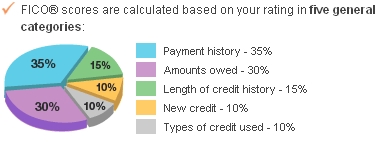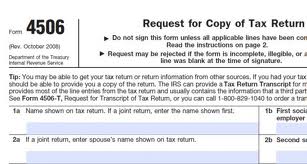St Paul, MN: It is that time of year – and the spring housing market is off to a great start. Good inventory is low , so if you put your home up for sale, you might find that it is quickly scooped up by an eager buyer. As a home buyer, you might have to settle for a great home that doesn’t match all of your wish list items, and even then, may be in a multiple bid situation with other house-hungry buyers.
 Not every home is perfect – and most buyers will do a home inspection BEFORE finalizing a purchase agreement. So what on an inspection is a deal breaker?
Not every home is perfect – and most buyers will do a home inspection BEFORE finalizing a purchase agreement. So what on an inspection is a deal breaker?
Common Deal Breakers
No home is perfect, but certain types of problems are serious enough to send buyers packing and force a seller who thinks he has a deal to renegotiate the selling price.
- Foundation problems. The home may show a few minor cracks after settling but larger cracks may mean expensive trouble.
- Wiring issues. Old wiring such as knob and tube or aluminum may present a fire hazard, while the fuse box or circuit box may show the wiring is inadequate for modern appliances.
- Roof. Roofs have a lifespan that can be expanded by patching, up to a point. If the roof is past its prime, or if the flashing is in poor condition (or nonexistent), the roof can leak or admit water that causes damage before you even know you have a problem.
- HVAC problems. A inspection can uncover ineffective and dangerous heating and cooling units.
Assessing What’s A Deal Breaker
Most of the repairs mentioned can cost a few thousand dollars – enough to make a buyer reassess whether to continue with the sale. While remodeling an outdated bathroom or upgrading the flooring does not have to be done immediately, the new owner must have serious problems fixed immediately to make the house safe for occupancy.
Some mortgage loan programs, particularly FHA, may not be willing to fund the loan if certain defects are not fixed BEFORE you can buy the house.
Handling Deal Breakers If You’re A Buyer Or A Seller
For buyers, finding problems like this on a home inspection means that unless you can negotiate repair costs with the seller, you will have to make repairs out-of-pocket if you stick with the deal. Many buyers, especially first-time buyers, cannot absorb a hit of several thousand dollars after buying a home. Even if you love the home and are feeling pressured to move, financial realities may make you reconsider whether you can afford a particular house, no matter how much you love it. House love can turn to hate very quickly if your dream home turns out to be a money pit. Before finalizing your home purchase, always be sure to have a home inspection done
For sellers, the possibility of unknown costly defects underscores the importance of having your home inspected before the house goes on the market. If the inspector finds a major flaw, you must disclose it, but you can list the house. “as-is” if you are unable to make repairs. Upgrading the electrical system or fixing other costly issues may net you a better selling price, but in any case, a pre-listing inspection will save you the grief of having to make repairs or lower the price after the buyer’s home inspection is complete.







 It is available both while serving our country and after they are discharged.
It is available both while serving our country and after they are discharged.

 The first question is pretty silly… Of course it was. The second question is tougher to answer until the completed appraisal physically shows up on the lenders desk.
The first question is pretty silly… Of course it was. The second question is tougher to answer until the completed appraisal physically shows up on the lenders desk.


